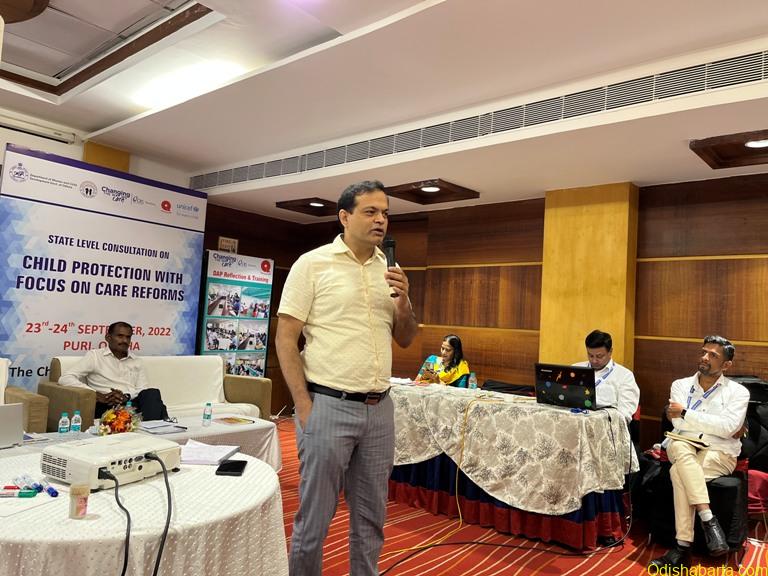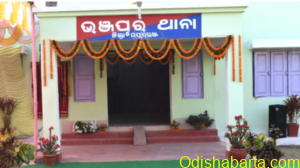Odisha’s Department of Women and Child Development, Changing the Way We Care, and UNICEF Odisha jointly organized a state level consultation on child protection by bringing non-institutional care into sharp focus

Bureau,Odishabarta

New Delhi, India, September 24, 2022 — According to the United Nations Children’s Fund (UNICEF), India has 29.6 million orphaned and abandoned children. While a safe and secure environment is a prerequisite for any child, there are millions who are less fortunate. The ones born into abject poverty and facing varied deprivations are forced to live in short- or long-term residential care in Child Care Institutions (CCIs) by families. Many of these children have families and a 2018 Government of India Report also revealed that most children living in CCIs have a single parent. Furthermore, nearly 200,000 children in India lost at least one caregiver to COVID-19, rendering them vulnerable to family separation and long-term institutionalization, while impeding their chances to thrive in a safe environment.
CRS’ flagship initiative, Changing the Way We Care (CTWWC) along with its implementing partner, ARUNA, proudly collaborated with the Department of Women and Child Development (DWCD) Odisha and UNICEF, for a two-day state level consultation in Puri, Odisha, to deliberate over the challenges and opportunities linked to promoting Non-Institutional Care (NIC) and family-based alternative care. Guided by the Government of India’s landmark Mission Vatsalya scheme, the workshop aimed to contribute to the state’s endeavors to strengthen family-based care for a better and brighter future for vulnerable children in Odisha.
The eastern state of Odisha has been on the path of building groundbreaking milestones for the well-being of children and is committed to providing a nurturing and safe environment for their growth and protection. For the first time since the Covid-19 pandemic, the mega statewide consultation saw robust participation of District Child Protection Officers (DCPO) from all 30 districts in the state. Additionally, members of the Odisha State Child Protection Society (OSCPS), senior government functionaries, experts, district consultants, and practitioners in the field of care reform at the state and national levels exchanged knowledge and discussed opportunities to promote NIC and family-based care.“The Government of Odisha has made huge strides in the journey of care reforms in the state in the past few years. Since 2020-2022, the number of Child Care Institutions have reduced from 450 to 229 – and that is a feat. This reflects the Government’s resolve and commitment to the principle of Juvenile Justice (Care and Protection of children) Act that mentions institutionalization to be the last resort. Capacity building workshops such as the one we had in the last two days are very effective for the child protection workforce to reflect, sharpen their skills, exchange, and learn best






